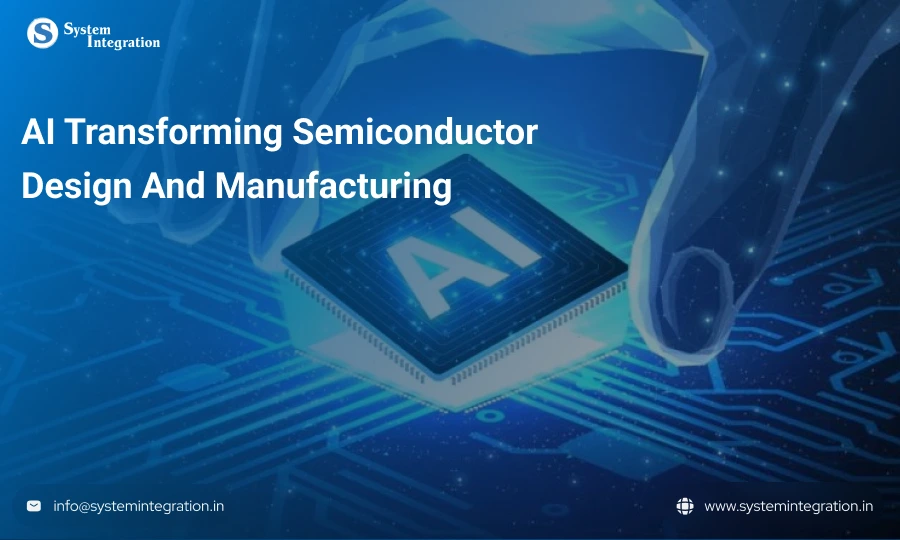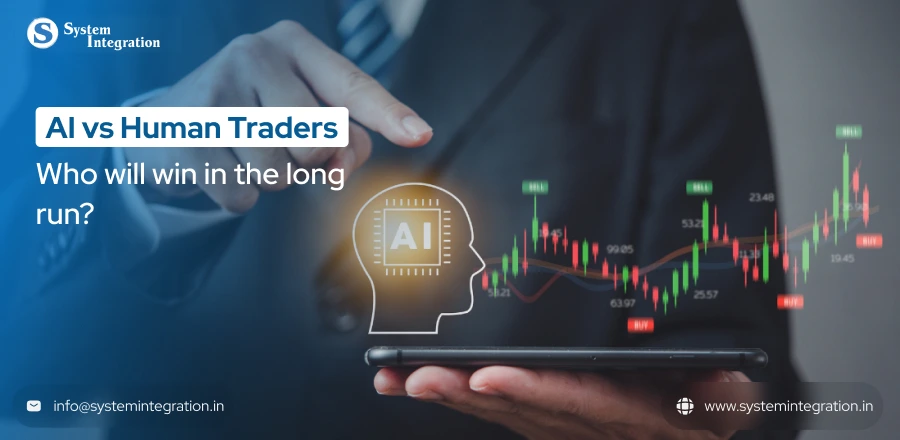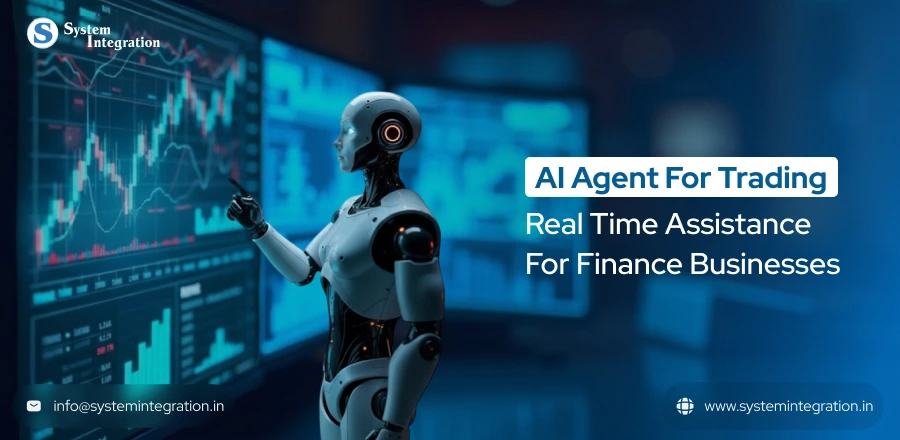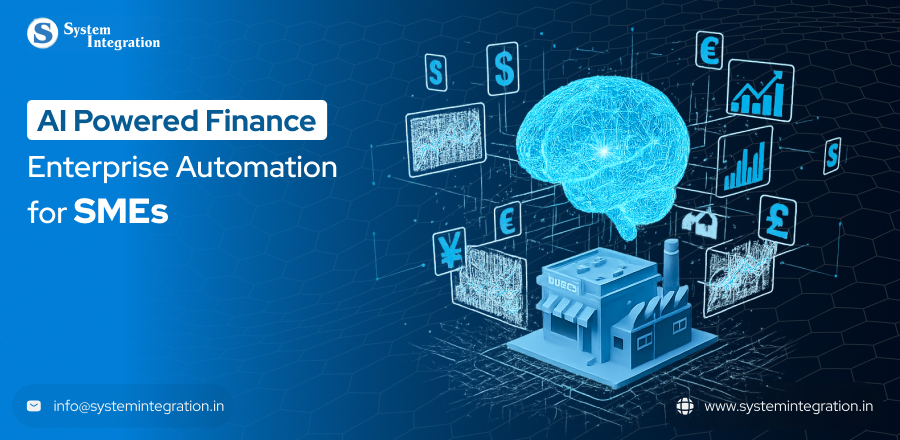Introduction
The semiconductor industry, a cornerstone of modern technology, is undergoing a profound transformation driven by Artificial Intelligence. AI’s capabilities are enhancing various facets of semiconductor operations, from design and manufacturing to supply chain management, leading to increased efficiency, reduced costs, and accelerated innovation.
AI In Semiconductor Design
Accelerating Chip Design with AI
AI algorithms are significantly reducing the time required for chip design by automating complex tasks such as layout generation, defect prediction, and design optimization. This acceleration is crucial as the demand for more powerful and efficient chips grows.
Enhancing Design Efficiency
Generative AI tools assist engineers in exploring a vast array of design possibilities, optimizing for performance, power consumption, and area (PPA). This leads to the creation of chips that are not only faster but also more energy-efficient.
AI In Semiconductor Manufacturing
Optimizing Production Processes
AI-driven analytics are enabling manufacturers to monitor and optimize production lines in real-time. By analyzing vast amounts of data, AI can predict equipment failures, adjust parameters for optimal yield, and ensure consistent product quality.
Predictive Maintenance
Implementing AI for predictive maintenance helps in identifying potential issues before they lead to equipment downtime, thereby reducing maintenance costs and improving overall efficiency.
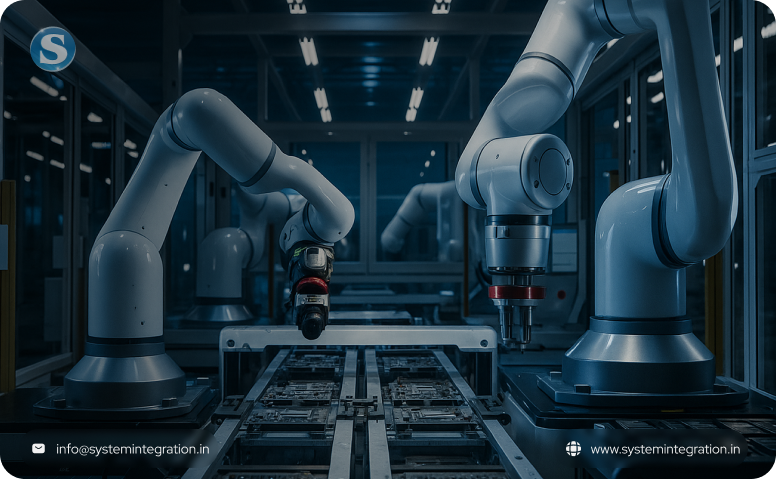
AI In Supply Chain Management
Enhancing Supply Chain Efficiency
AI is streamlining supply chain operations by predicting demand fluctuations, optimizing inventory levels, and improving logistics. This leads to cost savings and ensures timely delivery of components.
Risk Management
AI models can assess risks related to supply chain disruptions, enabling companies to develop strategies to mitigate potential impacts, thereby ensuring a more resilient supply chain.
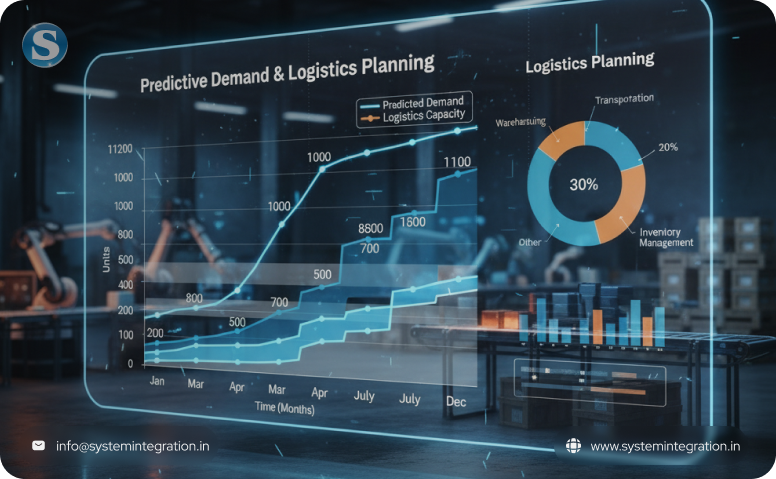
AI-Driven Innovations In Semiconductor Applications
AI-Powered Chips for Advanced Applications
The development of AI-specific chips, such as Graphics Processing Units (GPUs) and Tensor Processing Units (TPUs), is enabling advancements in fields like machine learning, data analytics, and autonomous systems.
Edge Computing
AI is facilitating the growth of edge computing by enabling devices to process data locally, reducing latency, and decreasing the reliance on centralized cloud services.
Challenges And Considerations
Integration Complexities
Integrating AI into existing semiconductor processes can be complex, requiring significant investment in infrastructure and training.
Data Privacy and Security
The use of AI involves handling vast amounts of data, raising concerns about data privacy and security. Companies must implement robust measures to protect sensitive information.
Future Outlook
The future of AI in the semiconductor industry looks promising, with continuous advancements expected in AI algorithms, chip design, and manufacturing techniques. As AI technologies evolve, their integration into semiconductor operations will likely lead to even more efficient, powerful, and secure semiconductor products.
“From smart fabs to AI chips, the semiconductor industry is becoming AI-first.”
FAQs
AI enhances semiconductor design by automating complex tasks, optimizing for performance and efficiency, and enabling faster development cycles.
AI optimizes production processes, predicts equipment failures, and ensures consistent product quality, leading to increased efficiency and reduced costs.
AI streamlines supply chain operations by predicting demand, optimizing inventory, and assessing risks, leading to cost savings and improved resilience.
Challenges include the complexity of integration, the need for significant investment, and concerns related to data privacy and security.
The future includes continuous advancements in AI algorithms and semiconductor technologies, leading to more efficient and powerful products.


